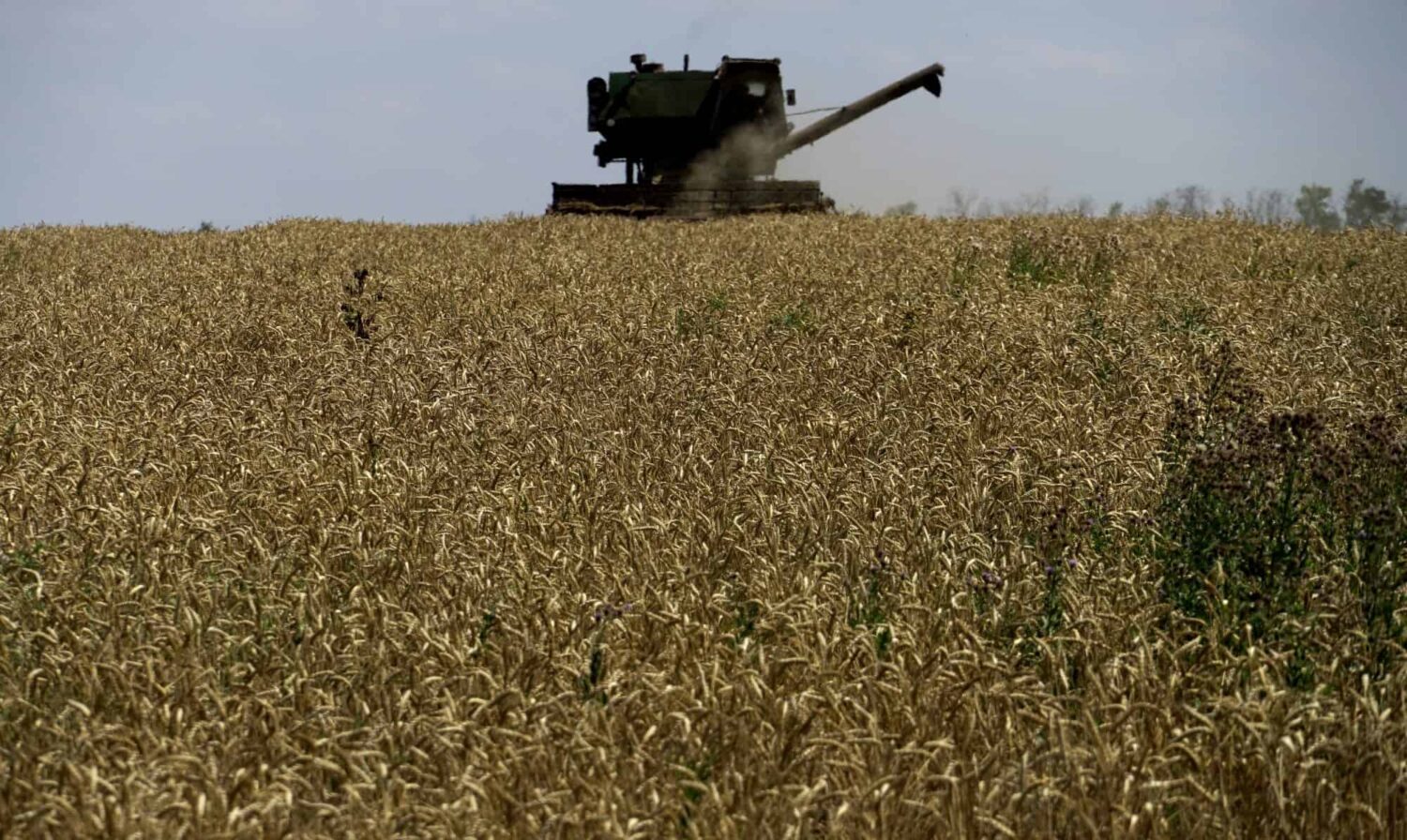PARIS, FRANCE – World food prices are still high but have fallen by a fifth compared to a year ago when prices soared to a monthly record high after Russia invaded agricultural powerhouse Ukraine, UN data showed on Friday.
Prices have fallen 20.5 percent since March last year after a 12th straight monthly drop, the Food and Agriculture Organization said.
But in releasing its latest data tracking monthly changes in international prices of a basket of food commodities, the FAO said food remained expensive notably for developing countries highly dependent on imports.
The FAO said the fall in benchmark prices was “driven by declines in world quotations for cereals and vegetable oils.”
The UN agency added: “A mix of ample supplies, subdued import demand and the extension of the Black Sea Grain Initiative contributed to the drop.”
A deal negotiated by Turkey and the United Nations allows Ukraine – one of the world’s top grain producers – to export grain through a safe corridor in the Black Sea.
It was agreed after the Russian invasion in February 2022 blocked 20 million tonnes of its grain in port.
The FAO index averaged 126.9 points, down 2.1 percent from the end of February and down by 20.5 percent since March 2022.
The fall was aided by international wheat prices sliding 7.1 percent, notably on strong Australian output and improved crop conditions in EU states but also high Russian supplies and “ongoing exports from Ukraine from its Black Sea ports”.
A record Brazilian harvest also saw world maize prices drop by 4.6 percent, the FAO said.
FAO chief economist Maximo Torero said, however, prices remained “very high and continue to increase in domestic markets, posing additional challenges to food security… particularly so in net food importing developing countries,” struggling additionally with weak currencies.







